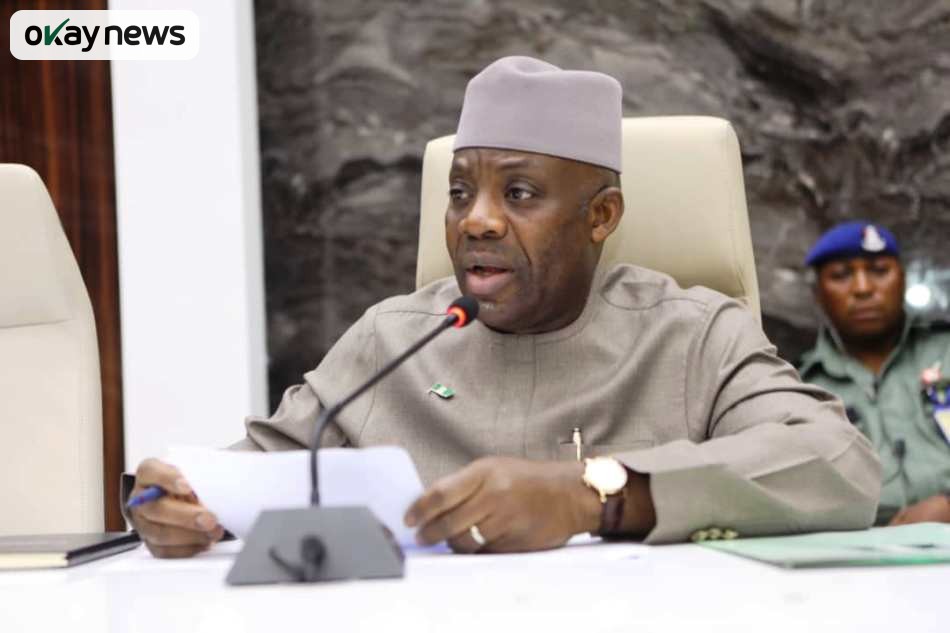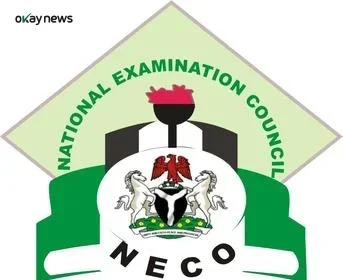The Federal Government has announced that the new dual mandate granted to Colleges of Education across Nigeria will enhance teacher education and expand opportunities for aspiring educators.
The Minister of Education, Dr. Maruf Tunji Alausa, represented by the Minister of State for Education, Mrs. Suwaiba Ahmad, made this known during the National Summit held in Abuja on Thursday. He described the move as “a historic milestone in Nigeria’s educational development.”
According to him, “For the first time in our history, our Colleges of Education have been legally empowered to run Nigeria Certificate in Education (NCE) and Bachelor of Education (B.Ed) degree programmes concurrently in teacher education disciplines.”
The decision was backed by the Federal Colleges of Education (Establishment) Act No. 43 of 2023, which provides legislative approval for the new academic structure.
Explaining further, Dr. Alausa noted that the dual-mandate system “now grants them full legislative and operational authority to expand their academic offerings while preserving their core mission of producing highly skilled and professional teachers.”
The Executive Secretary of the National Commission for Colleges of Education (NCCE), Professor Paulinus Okwelle, also hailed the reform as transformative. He stressed that “for decades, Colleges of Education partnered with universities to offer degrees. Today, with full legislative backing, they now have the autonomy to do so directly, leveraging their own manpower, infrastructure, and academic expertise.”
Professor Okwelle added that the reform will allow for the production of graduates with both NCE and B.Ed qualifications, ensure a steady pipeline of qualified teachers, and retain skilled educators within the education system.
Also speaking, the Chairman of the House Committee on Federal Colleges of Education, Hon. Adamu Tanko, assured stakeholders that the degrees awarded by Colleges of Education would carry the same value as those issued by conventional universities nationwide.
This policy shift is expected to address Nigeria’s long-standing challenge of inadequate teacher supply while strengthening the professionalization of the teaching career.
okay.ng reports that the Federal Government considers this reform a central pillar in its drive to reposition teacher education for national development.







